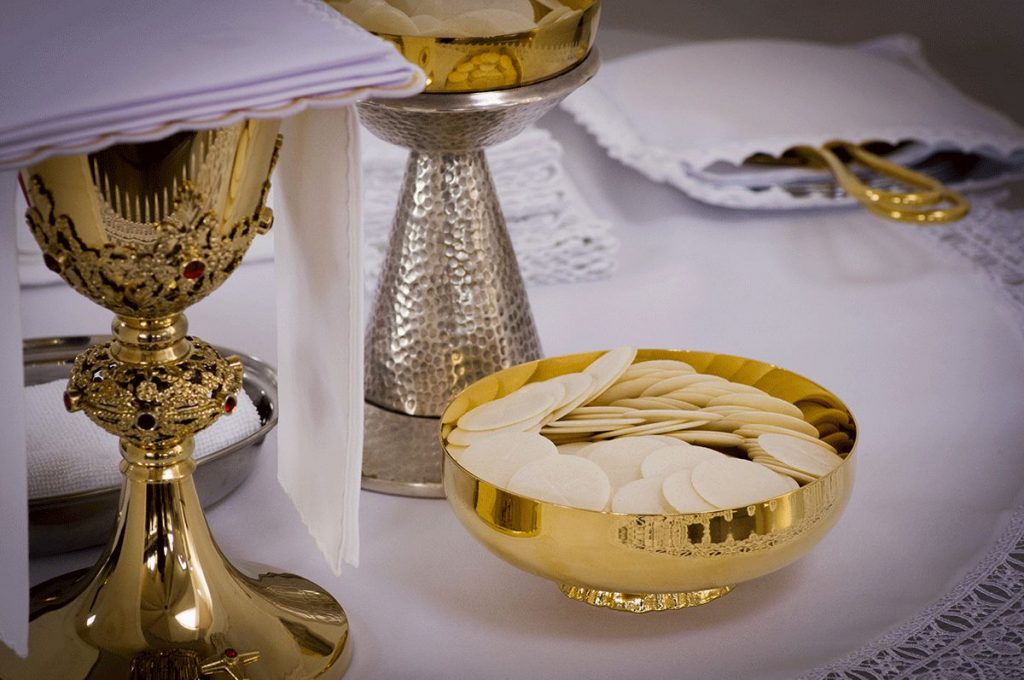The poet Robert Burns said it is a “power” to “see ourselves as others see us.” Self-knowledge makes us stronger. We gain from the perspective of others.
So I try to pay attention when the outside press sets its sights on L.A. Most of the time the coverage is positive and makes me proud of my neighbors and our neighborhood. Sometimes, it’s just funny. I’ve noticed, for example, that whenever a certain British paper talks about L.A., it uses the most ominous and apocalyptic terms.
“California is running out of water, and Californians are too dumb to grasp the existential threat.”
“On the list of existential threats to Los Angeles, earthquakes rank highest.”
We are, apparently, known worldwide for the “existential threats” we face. Yet somehow we soldier on and manage to get through our days. We even seem to stay kind of mellow in the midst of it all.
My parishioners do anyway. If the frenetic pace of my job starts to get to me, I look to the folks who go to daily Mass. They’re the steadiest people on earth. Through tremors, drought, economic downturns and personal setbacks, they face each day with serenity.
These people know that real power doesn’t reside in the San Andreas Fault, or in the water table, or in the so-called “corridors of power.” Real power comes down to our altars in the form of weakness. Real power is contained in the tabernacles of our churches. Real power rests near our hearts in Holy Communion.
“See now that I, I alone, am he,” says our Eucharistic Lord, “and there is no god besides me. It is I who bring both death and life.”
The only real “existential threat” we face — in L.A. or anywhere else — is to separate oneself from that divine power. Natural calamities may threaten our earthly life, but not our existence. Because there is more to life than meets the eye. What we receive in Holy Communion is divine life, eternal life, the power to live forever.
We receive, moreover, the power to transform the landscape around us — more certainly than any earthquake can, and more often, and more radically. When we leave our churches after Mass, we bear the power of infinite love into our world, and we are free to use it as much as we wish. The only limit to our charity is the limit we ourselves place through our own neglect.
It is the people I see at Mass, day after day, who are loving our neighborhood into a better future. I give them the final blessing, and they go to their jobs, and they bring peace and joy to their co-workers. They go, too, to visit the sick who are hospitalized and homebound. They go out and feed people who are hungry, or lonely, or disabled. They are Meals on Wheels.
They go out with the authority and power of Jesus Christ, which is supernatural, and therefore stronger than anything nature can send our way.
Self-knowledge is a power. It makes us stronger. But nothing can give us the kind of strength that Jesus gives in the Eucharist.
I learn courage from the people who receive the Lord from my hands every day. If an existential threat happens to cross my mind, I look at them and remember the words of Saint Paul: “What then shall we say to this? If God is for us, who can be against us?”

